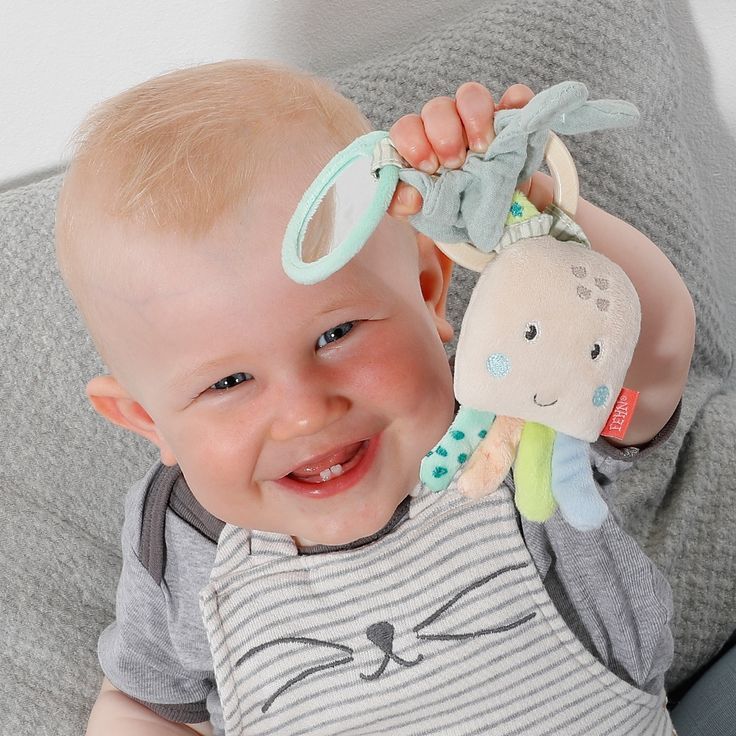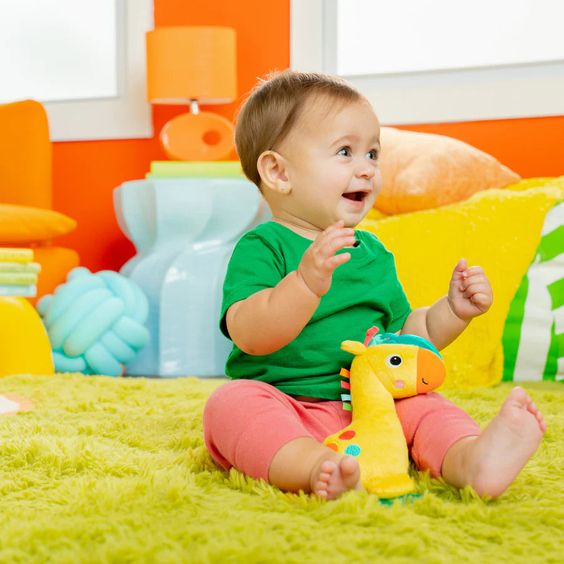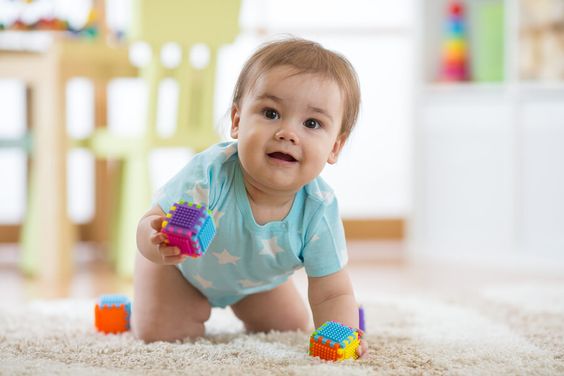
When a child is consistently encouraged, they begin to internalize a sense of self-worth and capability. They start to see themselves as individuals who can overcome obstacles and achieve their goals. This growing self-confidence becomes a foundation upon which they build their personality, making them more resilient and willing to take risks. Encouragement helps them understand that mistakes are a natural part of learning, not something to be feared.
The words we choose and the way we deliver encouragement matter. Genuine, specific praise focused on the effort a child puts in rather than just the outcome teaches them the value of perseverance and hard work. For example, telling a child, “I’m proud of how hard you worked on that project,” reinforces the idea that effort is important and that their abilities can grow with practice. This type of feedback encourages a growth mindset, where the child sees challenges as opportunities to learn rather than as insurmountable barriers.

Moreover, regular encouragement fosters a supportive environment where a child feels safe to express themselves and try new things. In such an environment, a child is more likely to explore their interests, ask questions, and take initiative. Over time, these experiences build a strong sense of self-confidence that carries into adulthood, influencing how they approach life’s challenges and opportunities.

It’s important to remember that encouragement doesn’t mean shielding a child from difficulties or constantly praising them without reason. Rather, it’s about guiding them with kindness, celebrating their efforts, and helping them learn from their experiences. By doing so, we help them develop a balanced and realistic sense of self-confidence one that is rooted in their abilities and the knowledge that they have the support to succeed.

In the end, a child who grows up with regular encouragement blossoms into a confident, capable individual. This confidence not only helps them navigate the ups and downs of life but also inspires them to pursue their dreams and contribute positively to the world around them. Encouragement, then, is not just a tool for building self-confidence; it’s a gift that shapes the future of a child, helping them become the best version of themselves.





